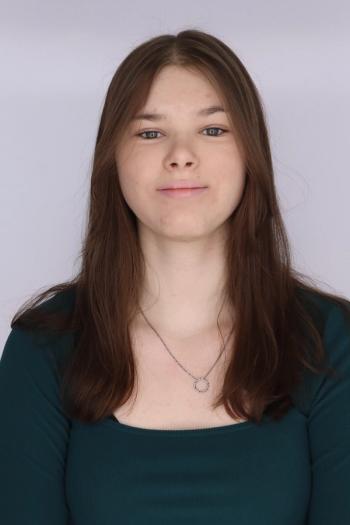
Merck young scientist award
The Merck Young Scientist award will return for a third year to honour Malaysian post-graduate students in the fields of bioscience and chromatography.
The Merck Young Scientist award will return for a third year to honour Malaysian post-graduate students in the fields of bioscience and chromatography. Endorsed by the Malaysian Ministry of Science, Technology and Innovation, Ministry of Higher Education and the Institute of Chemistry Malaysia; the award panel of judges consist of laureates from premier local institutions of higher learning and specialists from Merck, Germany and US-based subsidiary EMD Chemicals, who are also co-sponsors of the award.
Justus Krause-Harder, managing director for the company in Malaysia said “We hope this award will be a great encouragement for our outstanding young local scientists. At Merck, we understand the importance of motivating the next generation of scientists to embrace the values of innovation and excellence, which Merck places at the heart of our core values.”
The trophy, along with cash prizes, will be awarded to the most innovative research published or accepted for publication in 2008 in two fields of research; biosciences, including proteomics, protein expression, signal transduction and disease; and advanced chromatography research, including discovery in liquid chromatography especially in natural products analysis, drug discovery, food technology and vaccine purification.
Winner of the award in 2009 in the chromatography category, Lai Choon Sheen is now a research officer at the Centre for Drug Research whilst pursuing her PhD. Speaking on the effect of winning the award, she said “It has given me great motivation to persevere further in my research towards discovering and developing more efficacious, safer and cheaper drugs for the benefit of those in need.”
More information on the award is available from
Newsletter
Join the global community of analytical scientists who trust LCGC for insights on the latest techniques, trends, and expert solutions in chromatography.




